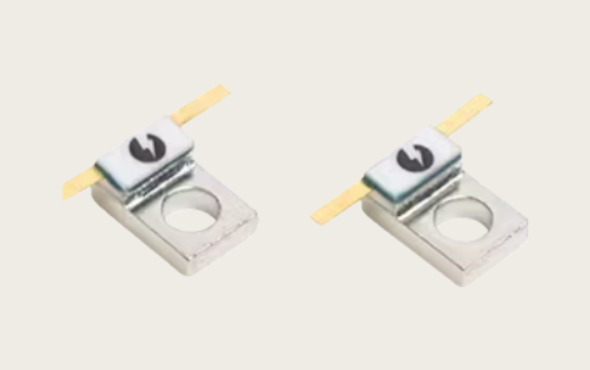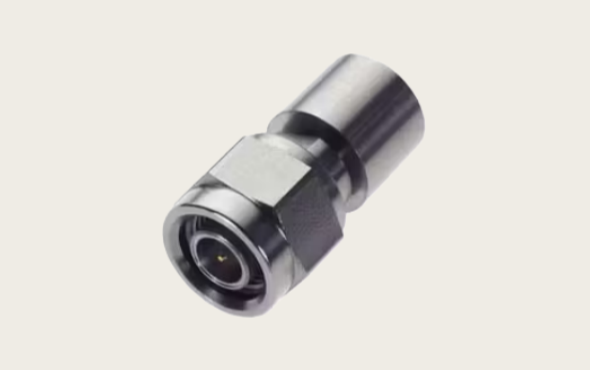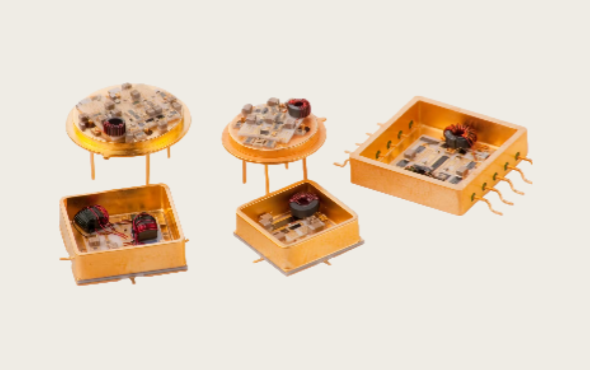In scenarios such as high-reliability equipment, communication base stations, rail transit, military aviation, and others, connectors often undergo long-term vibration, random frequency impact, and mechanical shock tests. Choosing a connector brand that has been rigorously tested for vibration is crucial. This article takes APITech (a connector brand under API Technologies) as a reference, combining the topic "Who is good at domestic connector vibration testing?" to discuss relevant technical points, the comparability of domestic alternatives, evaluation dimensions, and industrial suggestions.

Part 1: Overview of APITech's Vibration/Environmental Testing CapabilitiesAlthough APITech's documentation does not publicly disclose all parameters such as "vibration test cycle times + acceleration levels", its product description clearly states: "in our EMI filter connector specifications table, 'other environmental tests such as shock, vibration, humidity, etc. are performed as detailed in our filtered connector performance specifications."
This statement indicates that the APITech specification includes vibration and impact environmental testing, and that the brand has a relatively mature environmental testing process in the field of high-reliability connectors.
In addition, APITech products emphasize: 100% filtering device testing, stringent coating and shielding structures, and a wide operating temperature range (e.g., −40°C to +125°C, etc.).
In this regard: In order to evaluate whether domestic connectors can match the level of APITech, their vibration test capability, environmental reliability, material processing, and structural design must have a solid foundation.

Key Points of Vibration Testing in Connector SelectionWhen discussing "which brand is better," we need to break down the key points involved in vibration testing from a technical perspective, which facilitates the comparison of domestic brands.
Test specification and bearing conditions
Vibration tests usually include random vibration, sine vibration, and mechanical shock modes. Test conditions typically include: three orthogonal axes, certain acceleration (g numbers), certain frequency range (Hz), certain duration, or cycle number.
In the automotive or military industries, connectors may need to undergo random vibration tests such as "8 hours/axis" or "24 hours total," or shock tests like "35 g/11 ms."
For high-reliability applications, vibration testing may be carried out in conjunction with combined environmental conditions such as temperature shock, humidity, and salt mist.
Index focus points
In vibration testing, the assessment of a connector's quality is not only about whether it has been disconnected, but also about the following indicators:
● Is there a significant change in contact resistance (Contact Resistance) before and after the test.
●Filter devices (such as APITech filter-type connectors) whether the filter performance degrades after vibration and shock.
●Is there any cracking, loose or fatigue in the outer shell, locking structure, and shielding structure?
● Whether the plug-pull life or mechanical life is affected.
● Continuous stability, such as whether there are intermittent or poor contact phenomena.
The influence of materials and structures on vibration performance
Structure design and material selection have a significant impact on vibration performance. For example:
●Is the housing made of one-piece die casting + plating process, and is the shielding grounding path low resistance? APITech products mention "one-piece zinc die casting housing + nickel plating", with a shielding ground flat plate surrounding 360°.
Filter element whether fixed firmly, prevent vibration welding point fracture.
●Gold/silver plating thickness of contact points, blade structure, locking method, and whether the plug and socket fit tightly.
Good design can maintain long-term reliability in vibration environments; on the contrary, even if the vibration test parameters pass, early failure may still occur during long-term scene use.

Dimension of evaluation and suggestions for domestic connectors "Who is good"When discussing the performance of domestic connectors in vibration tests and which brand is "good," the following dimensions can be referred to for evaluation:
1. Published vibration/shock test report: Does the brand provide vibration test acceleration, frequency, axis number, duration, and cycle number? If there is no clear data, relying solely on terms like "wide temperature" or "vibration" is not enough to make a complete judgment.
2. Environmental Combination Test Capability: Whether to perform vibration + temperature shock + humidity and heat combined to simulate actual working conditions. APITech refers to "other environmental tests" in the specifications as combination environments.
3. Advancedness of structural materials: shell material, shielding structure, locking mechanism, connection method, filter design, etc. If domestic brands can adopt a design similar to "full metal shielding + low resistance grounding path + integrated filter," they will be closer to the imported level.
4. Mass production yield and stability: Although it is good that individual samples pass the test, the key is whether the vibration performance is consistent after mass production. If domestic brands have actual successful case of mass production projects, their credibility is higher.
5. Certification and Application Cases: Whether to enter high-reliability scenarios such as rail transit, power substation, communication base station, and military equipment. Entering these scenarios usually means that vibration testing and reliability requirements have been verified.
Therefore, from the perspective of "who is good in the vibration test of domestic connectors," if a domestic brand has advantages in the above dimensions, it can be regarded as "good." Referring to APITech, for domestic connectors to be "good," they need to achieve near or matching levels in vibration testing capabilities, structural design, and mass production stability.

Vibration testing is one of the core links in the reliability assessment of connectors, especially for equipment that needs to operate under vibration, impact, and multi-axis load conditions. Referring to APITech, the question of "which domestic connector is good" in terms of vibration testing mainly depends on whether the test specifications are clear, the structural design is advanced, and the mass production performance is stable. For buyers, it is recommended to prioritize brands that can provide clear vibration/impact test data, have high-reliability application cases, and excel in structural and material design. Only in this way can a reliable transition from "domestic replacement of imports" be achieved in the vibration environment.
If you are interested in the domestic substitute products for APITech brand connectors or have purchasing needs, or if you have production or sales channels for this brand's domestic substitute products and wish to engage in in-depth cooperation or communication, please contact us through the following contact information:
Manager Zhang (18665383950, same WeChat number)Contact us, we look forward to working with more industry partners.



